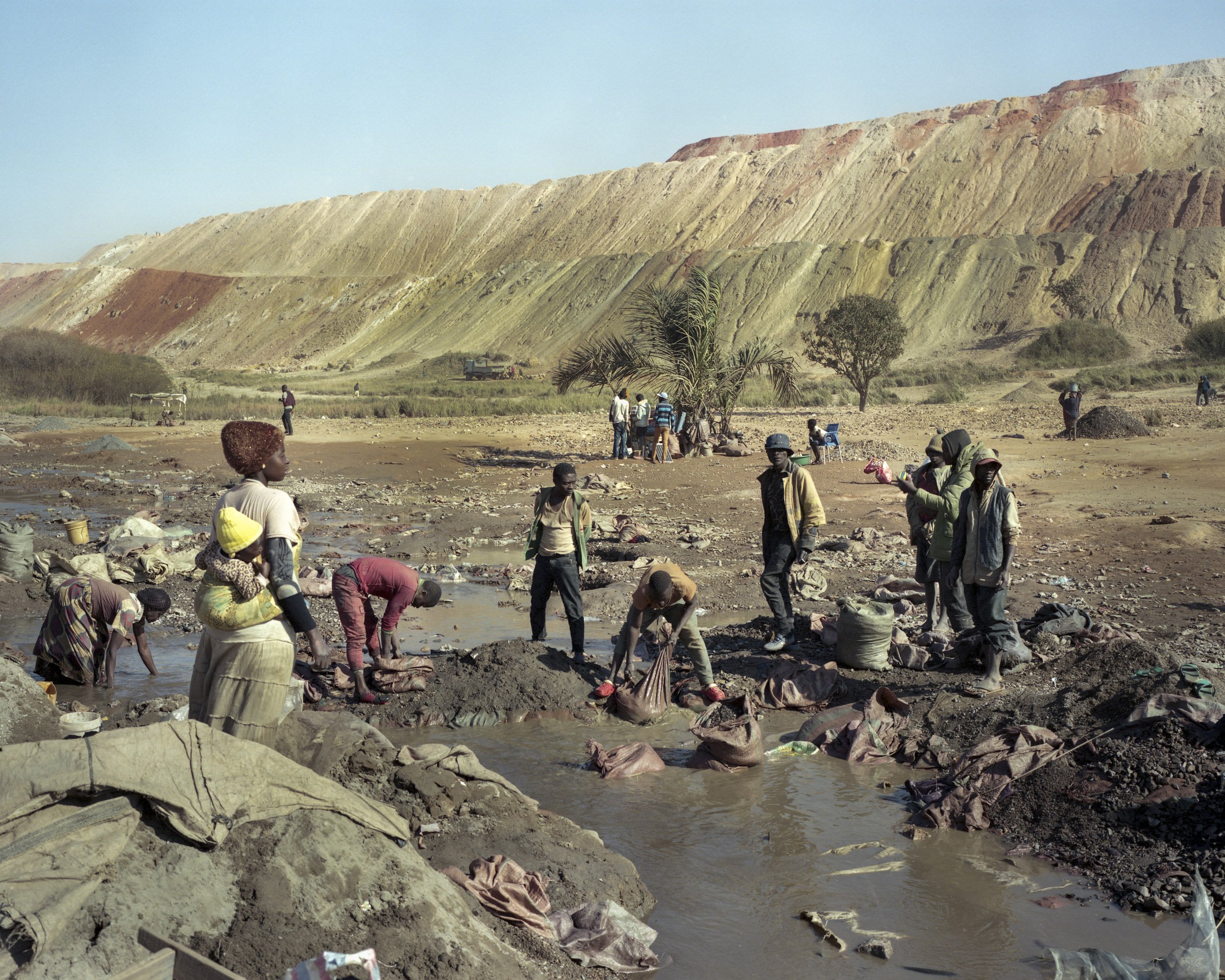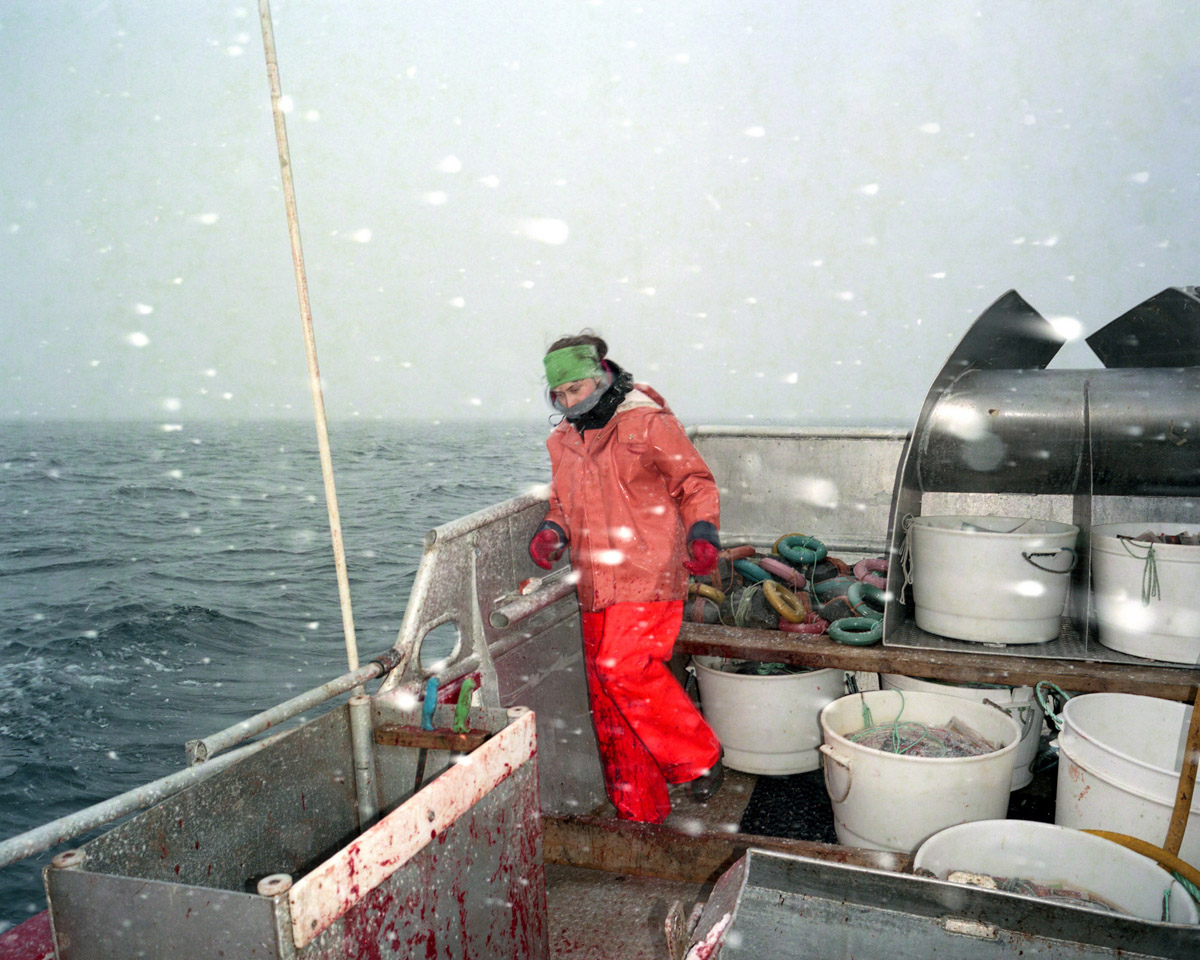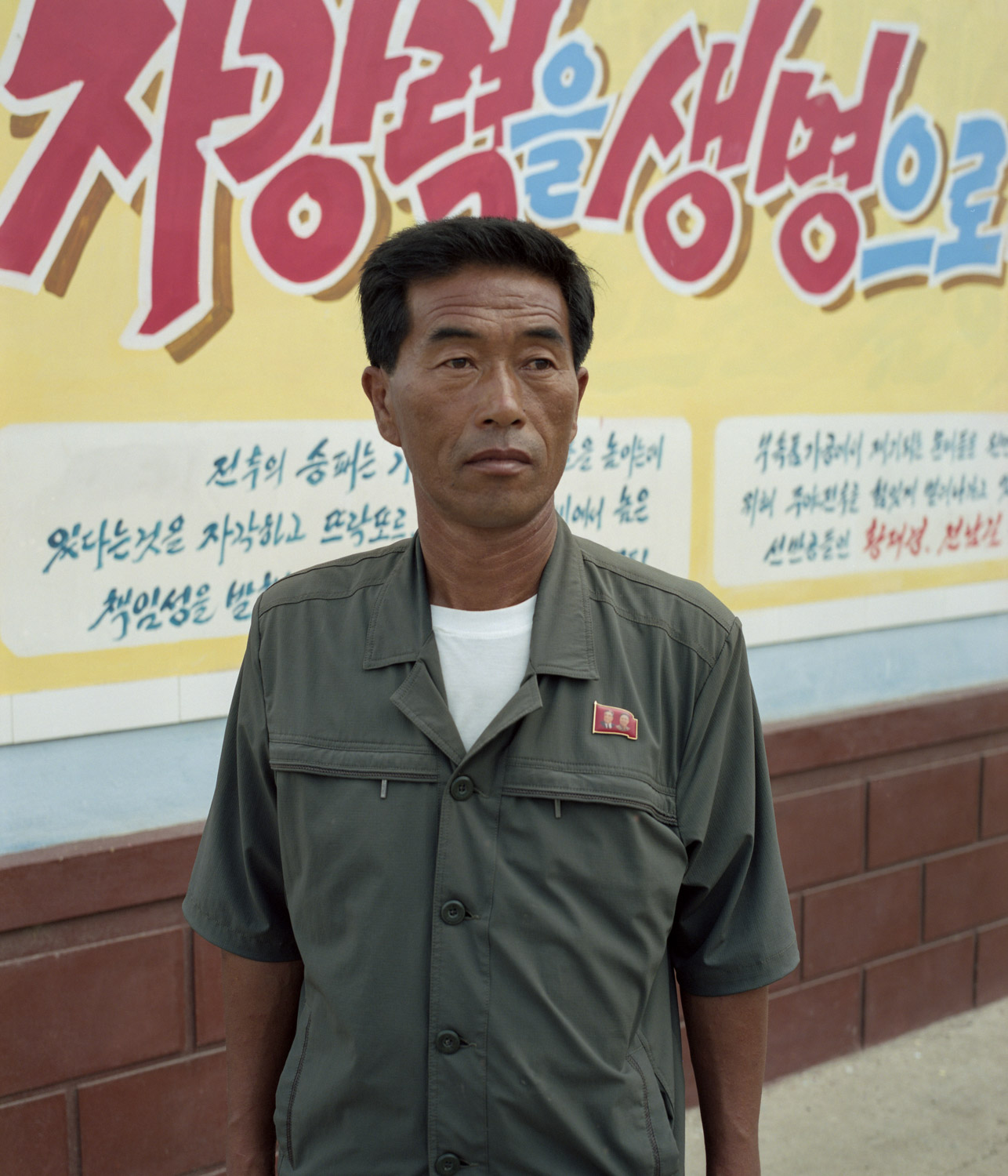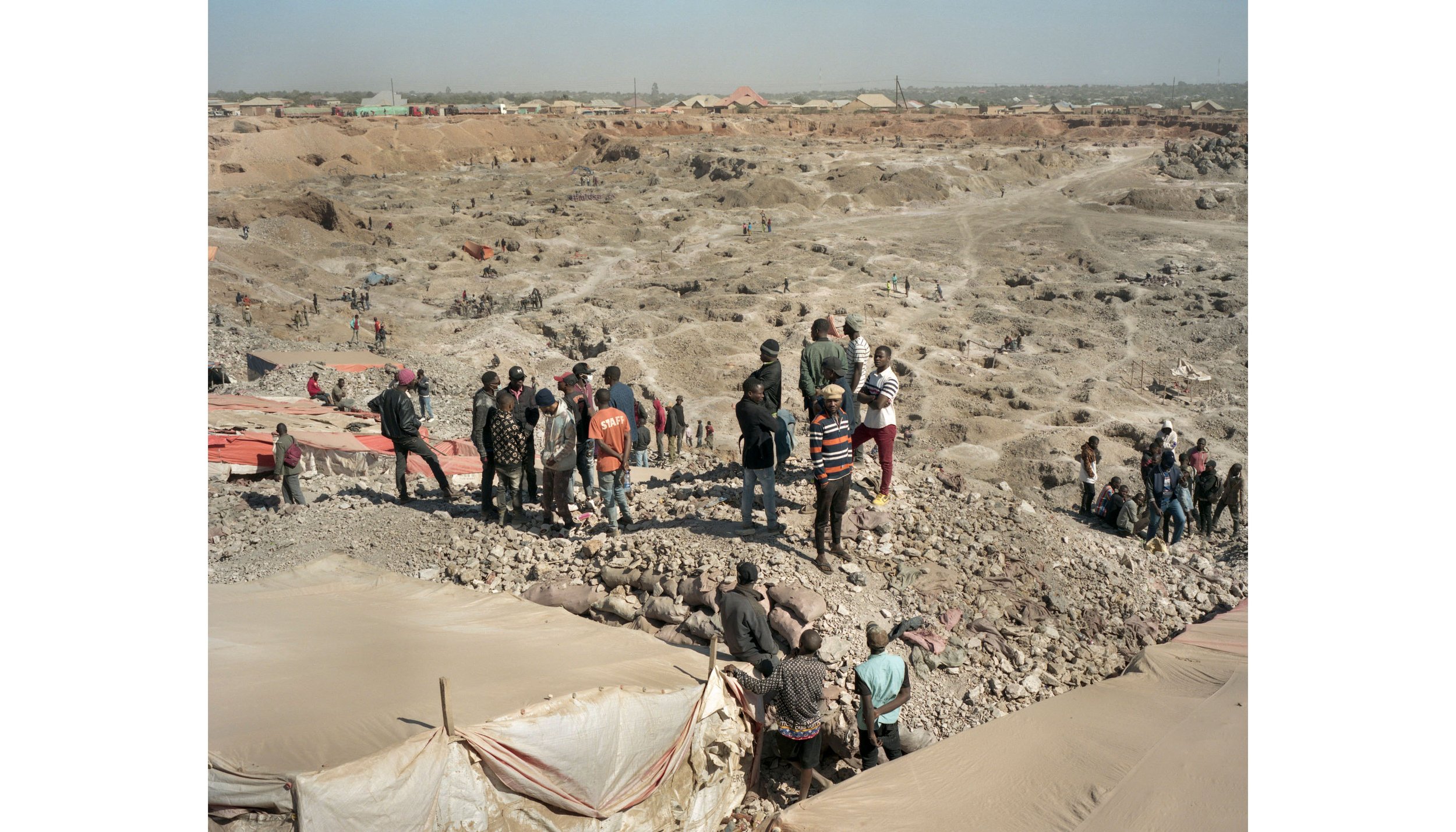
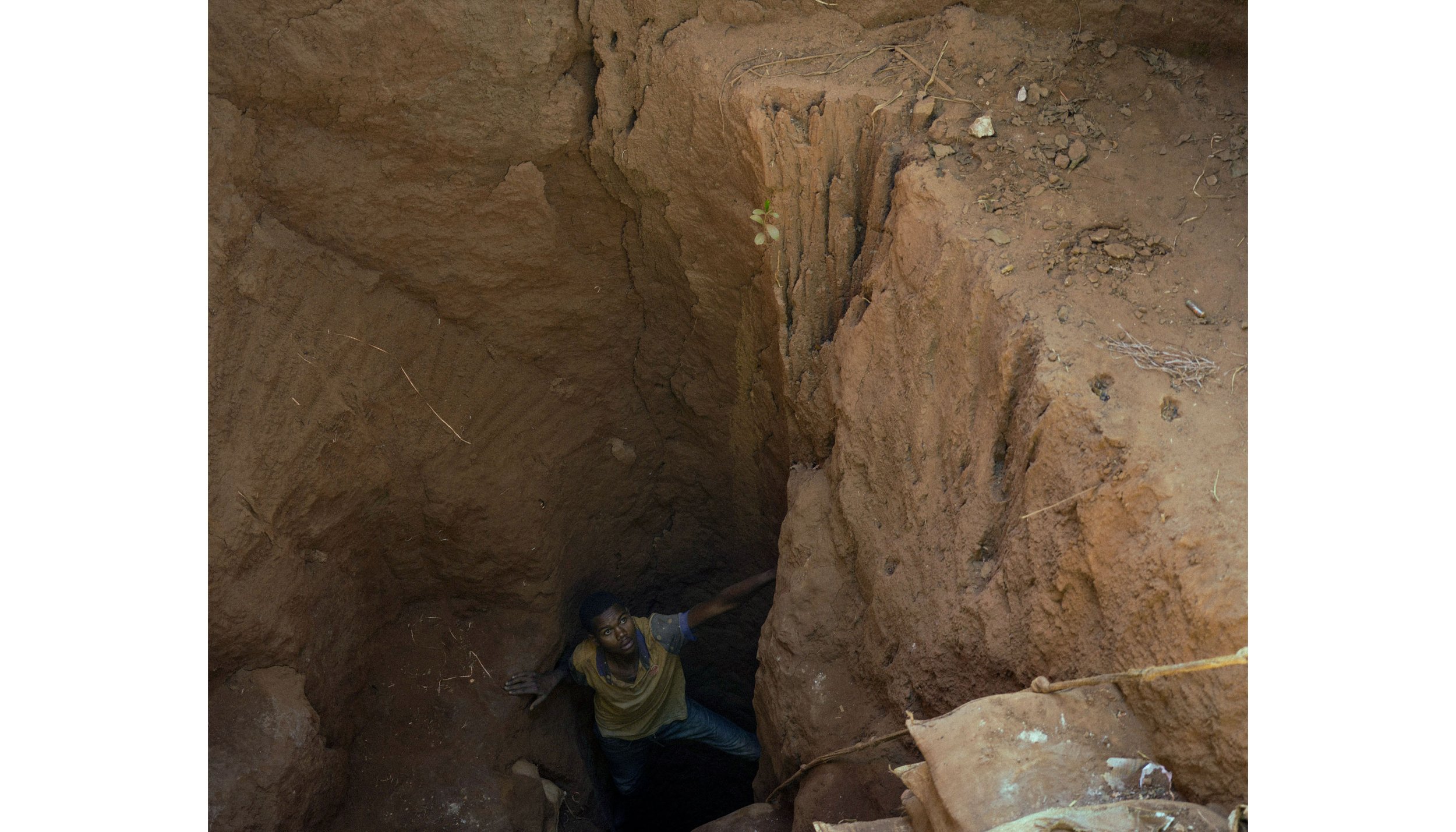
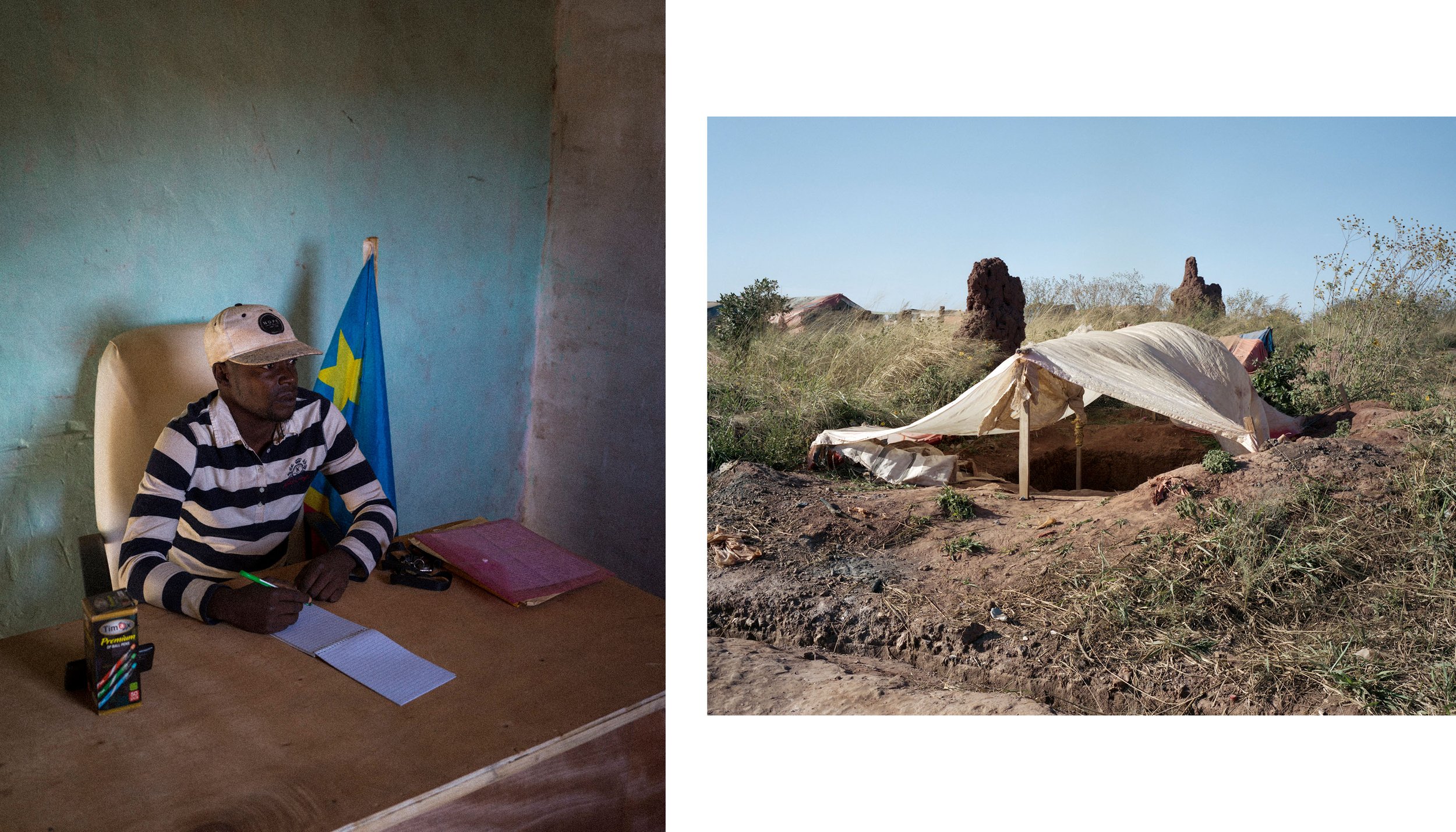
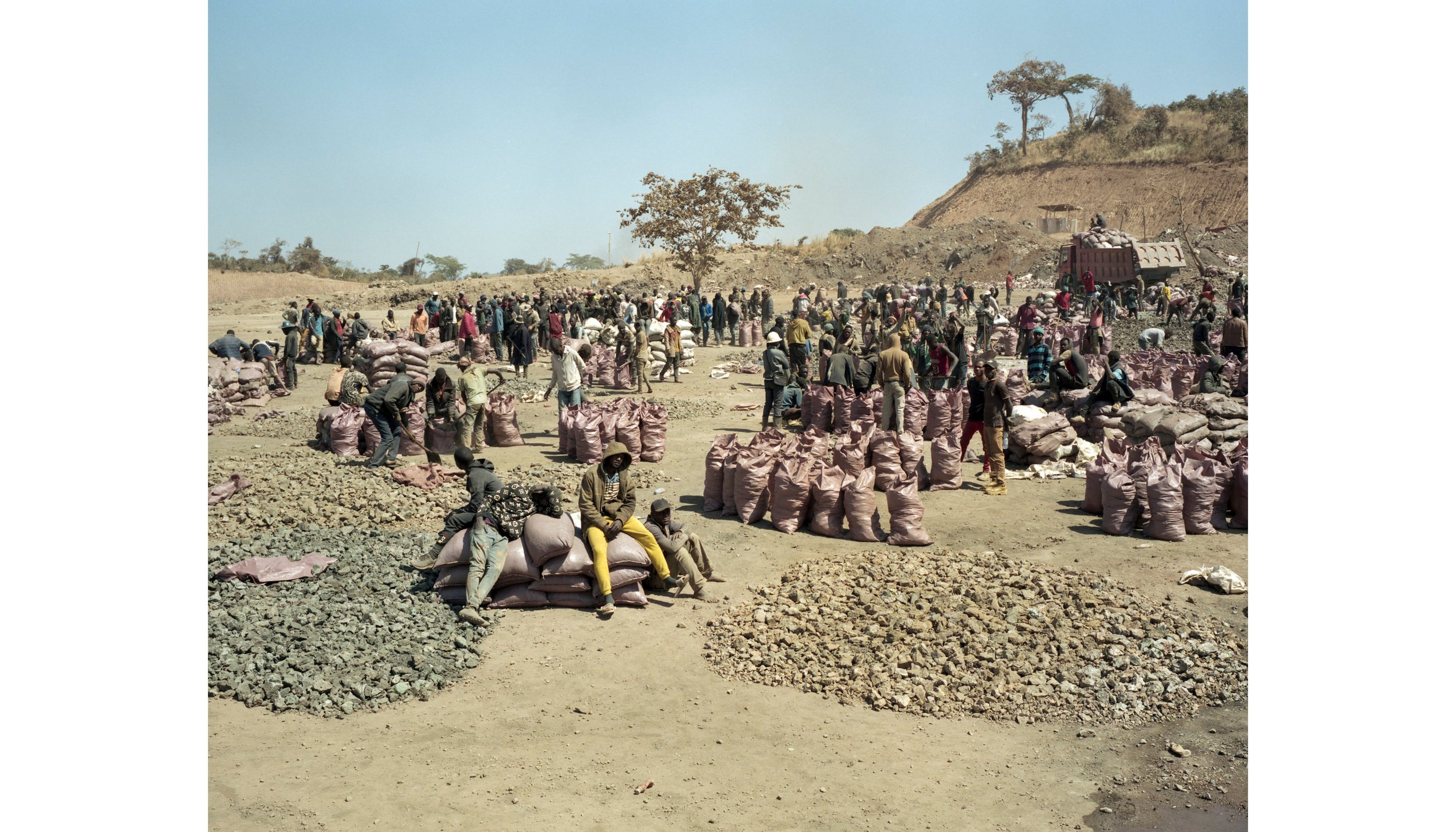
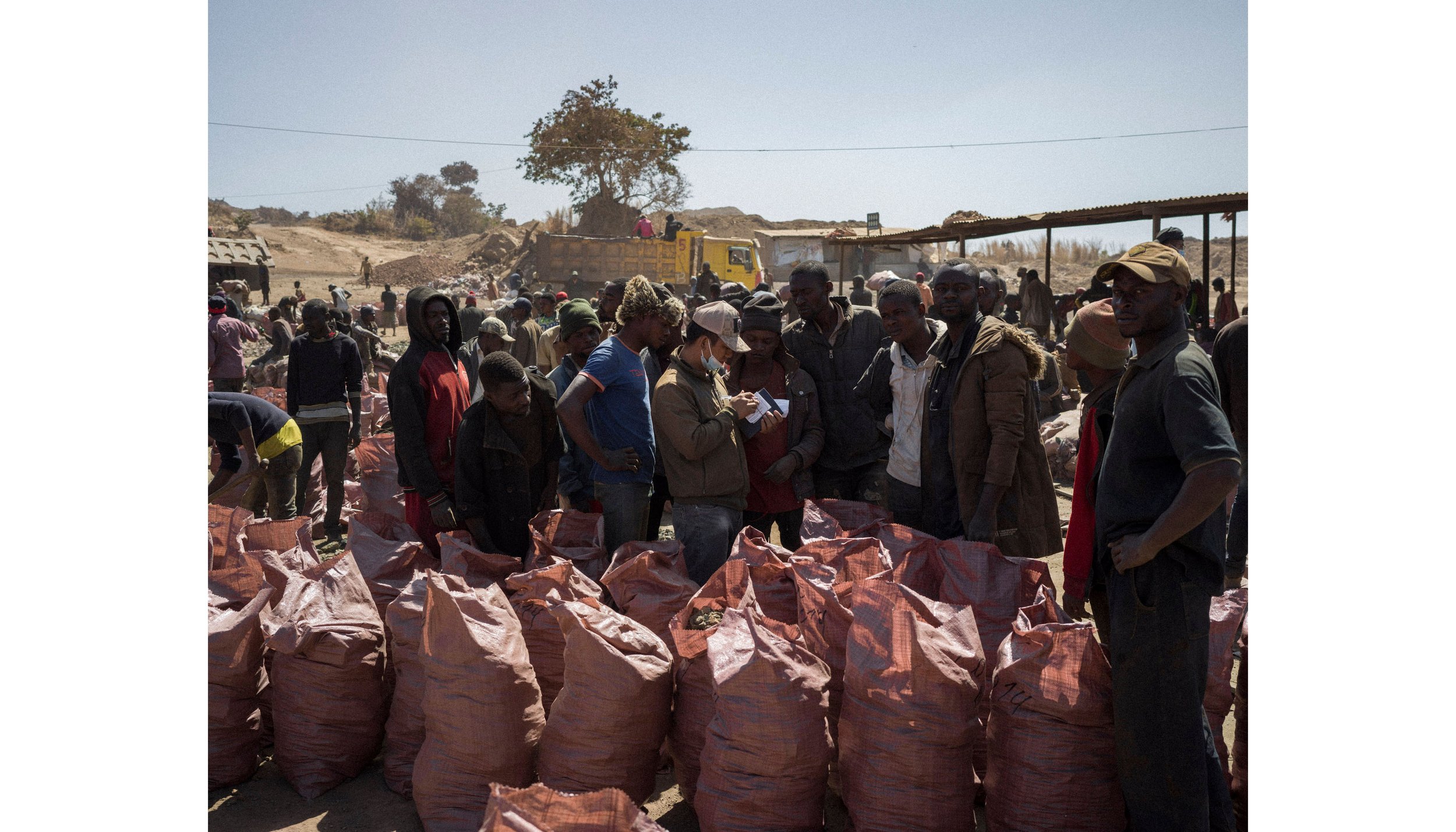
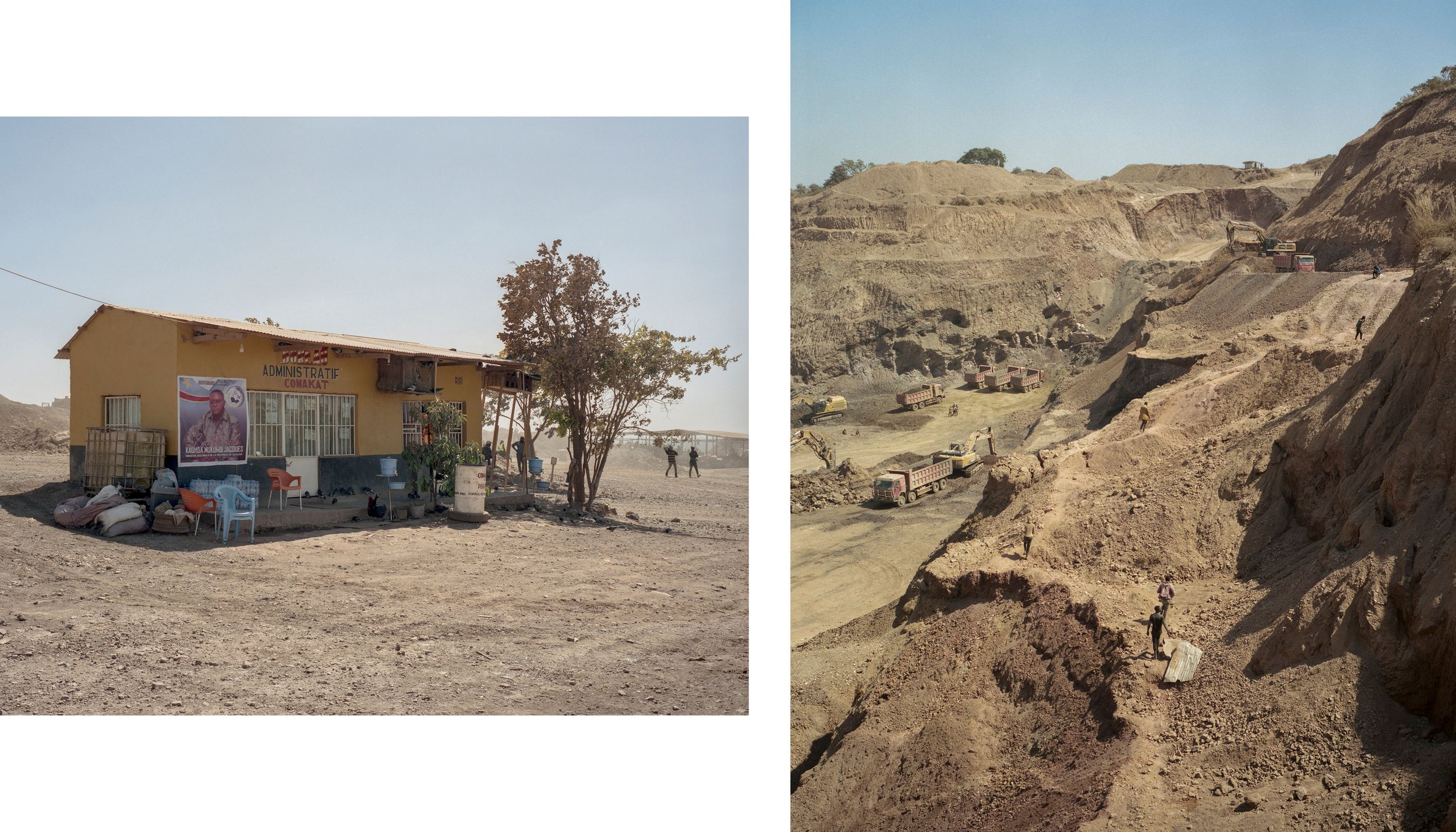
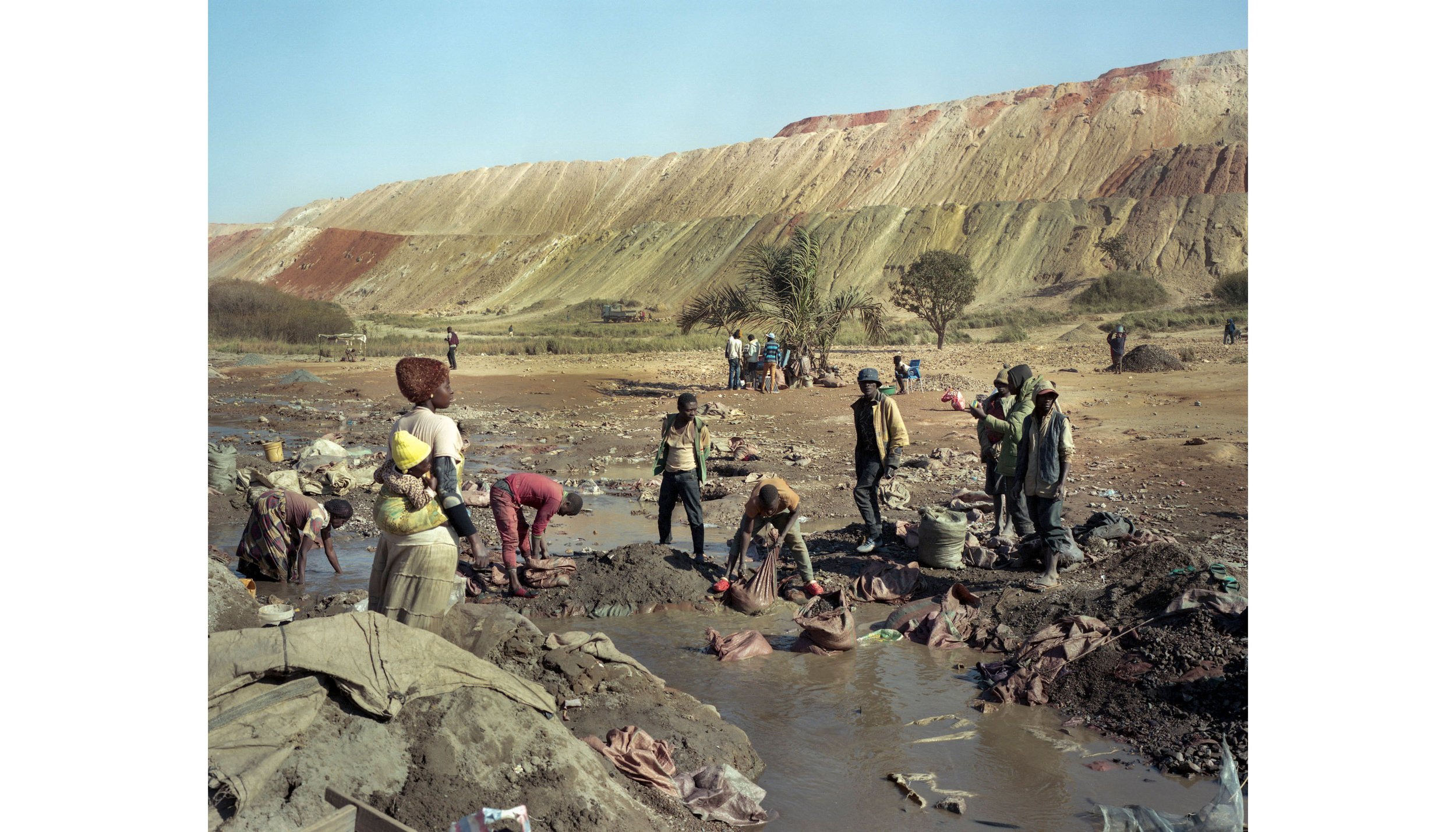
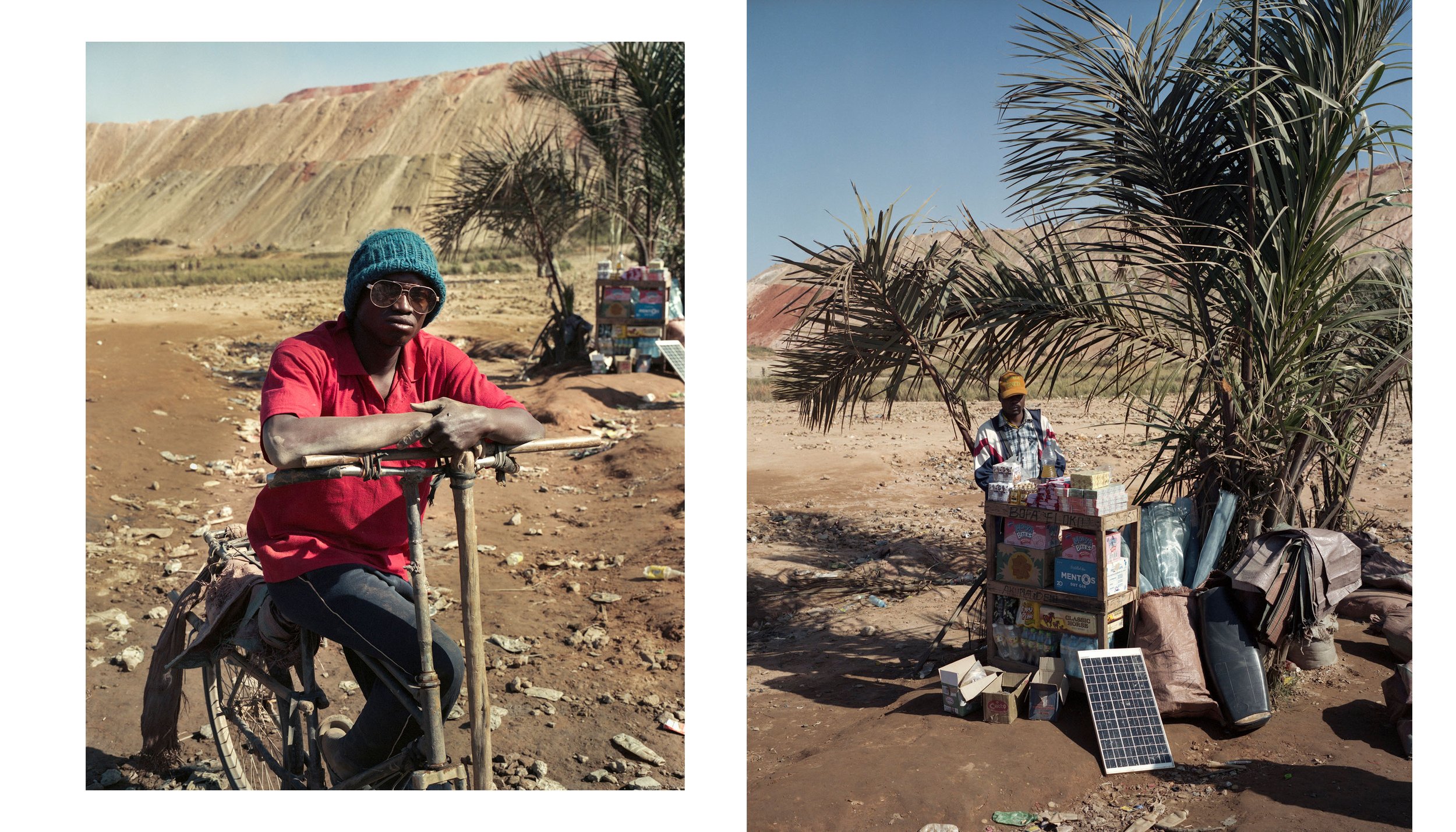
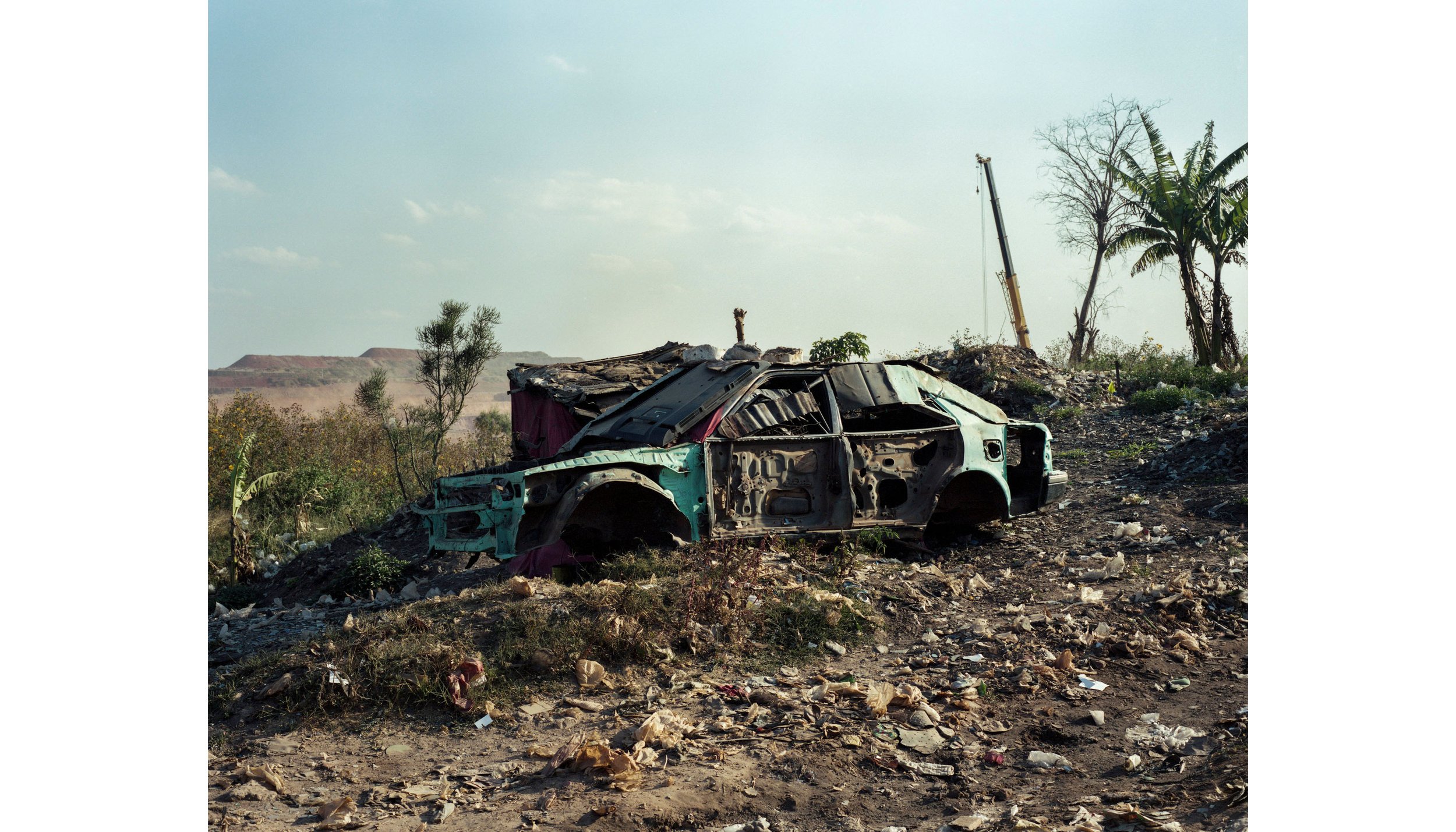
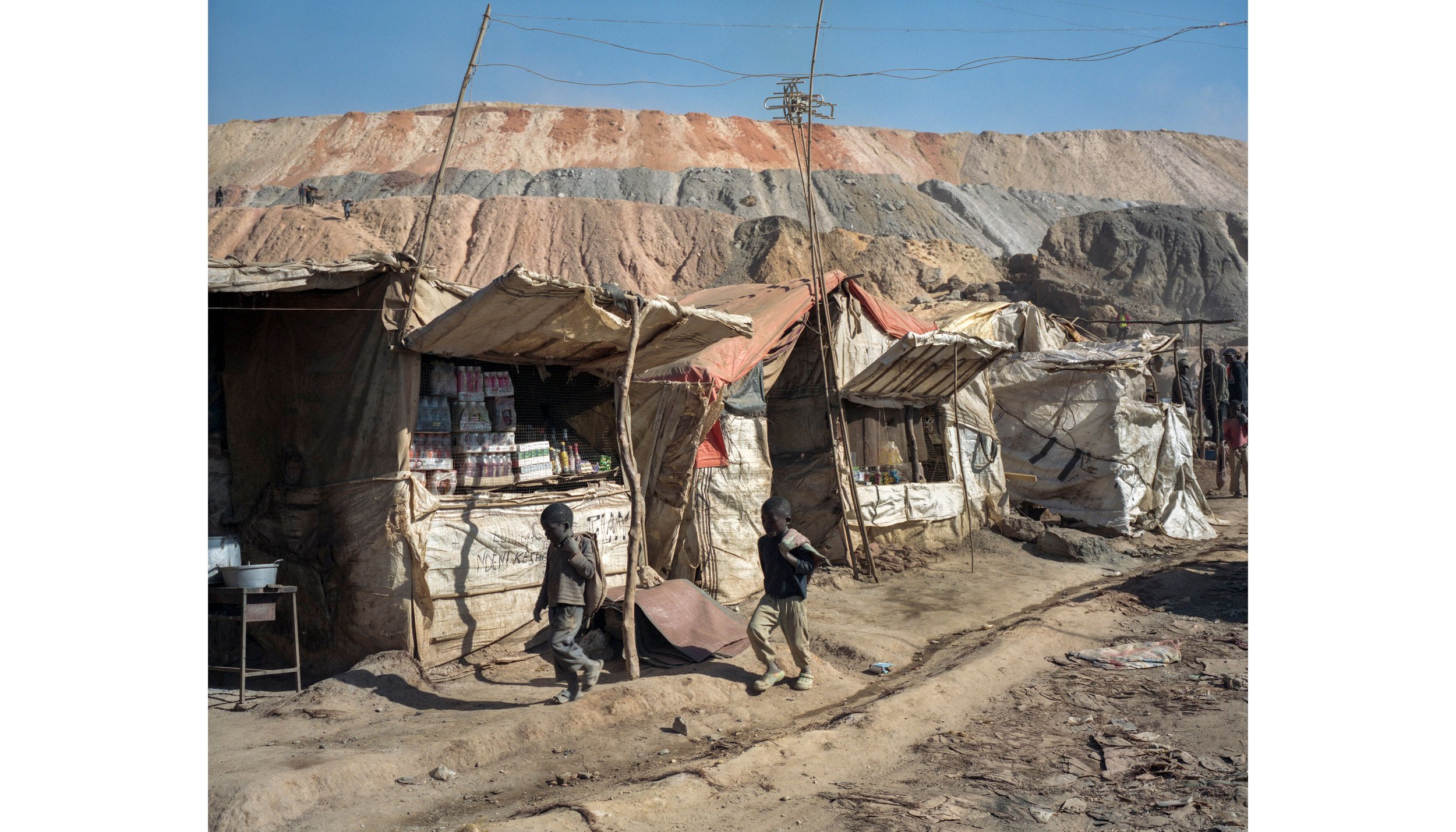
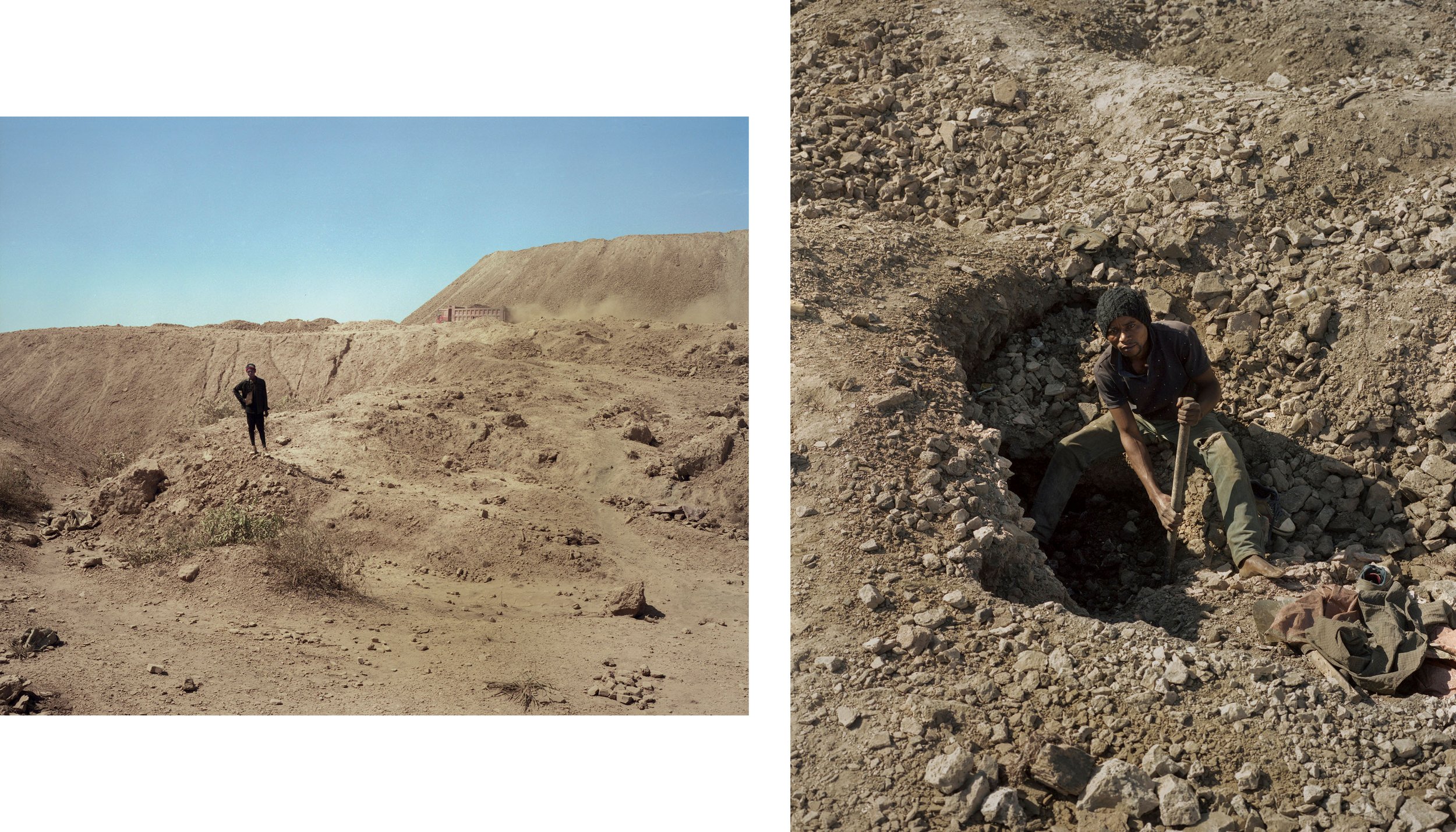
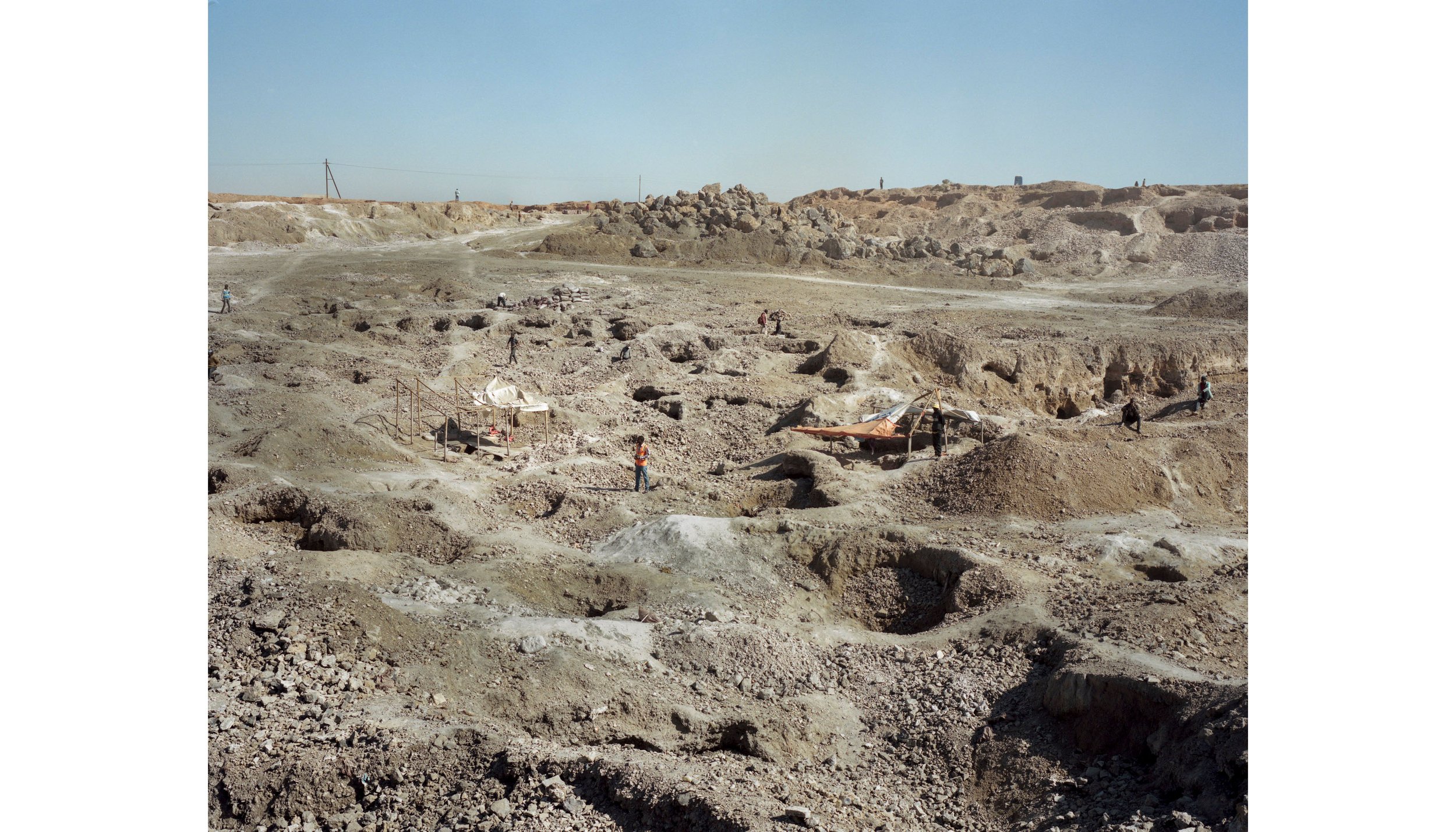
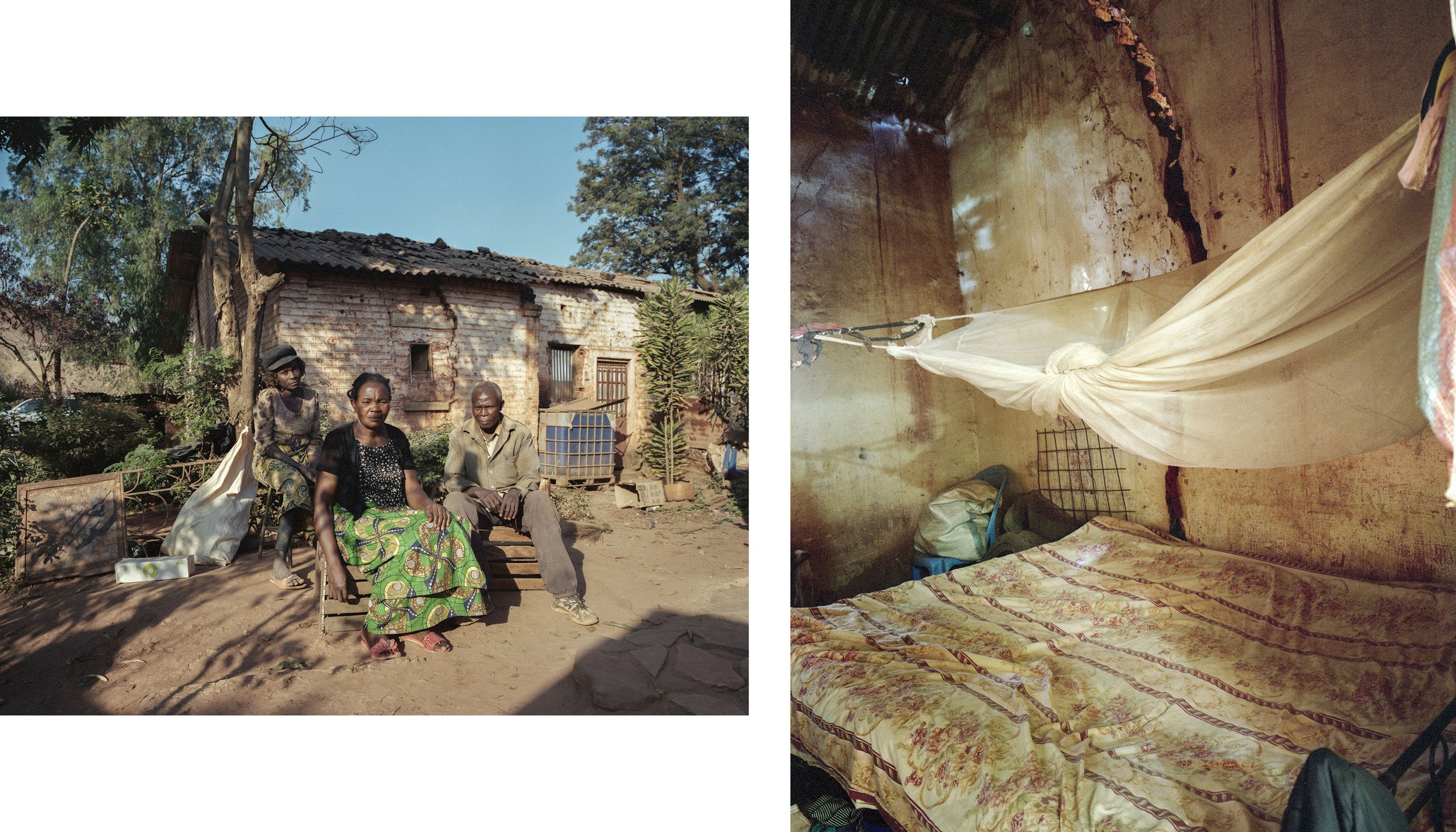
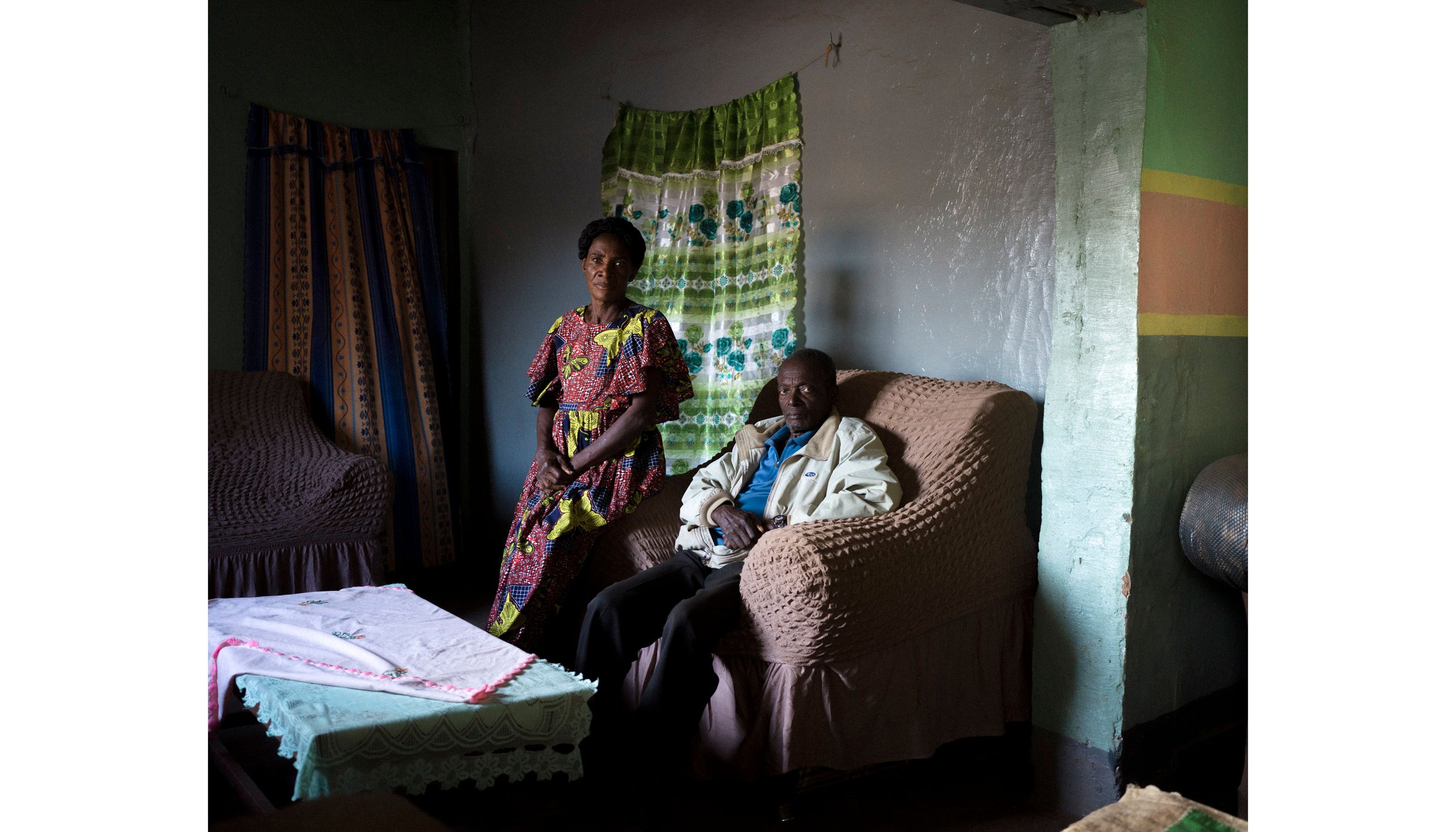
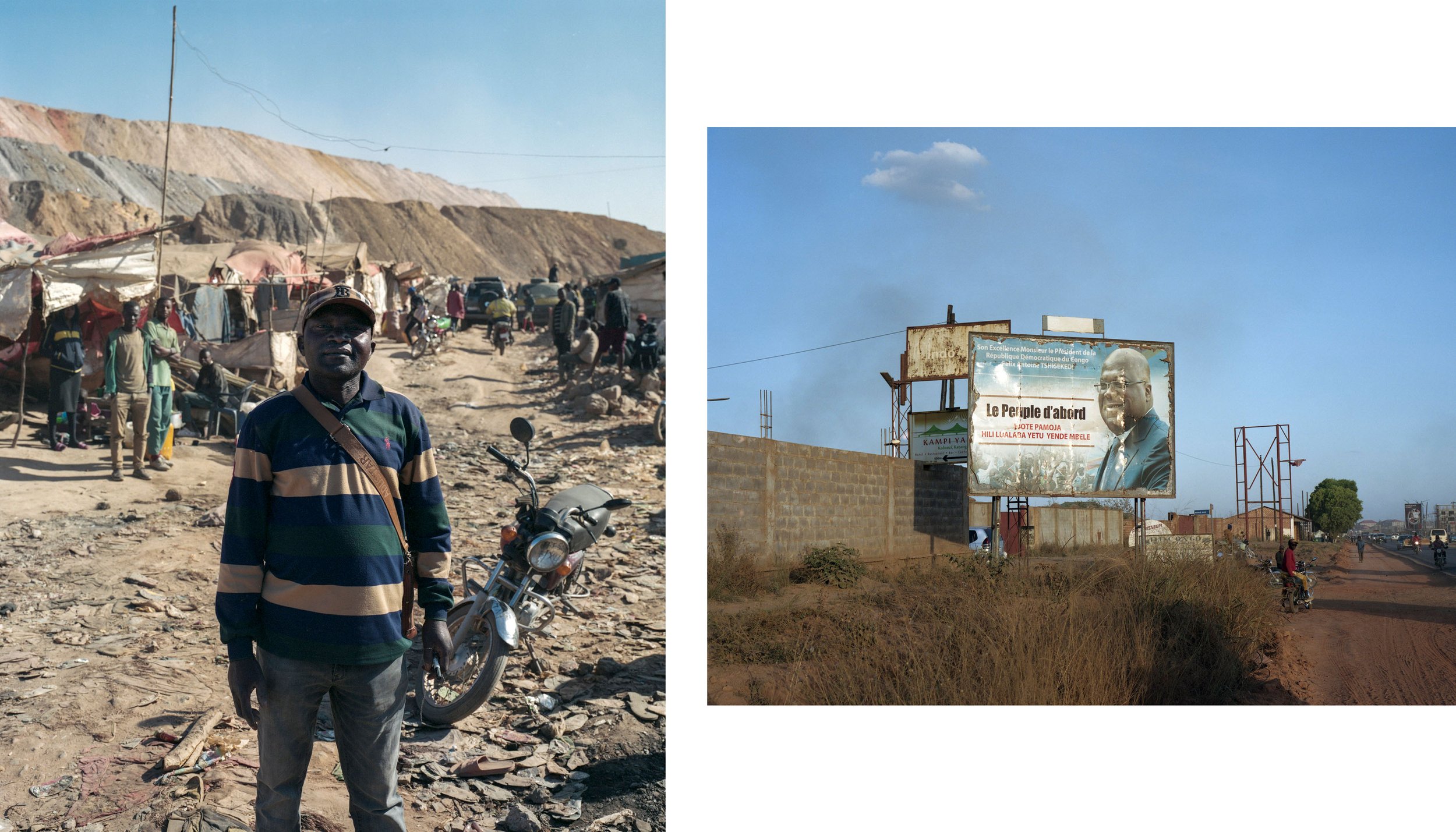
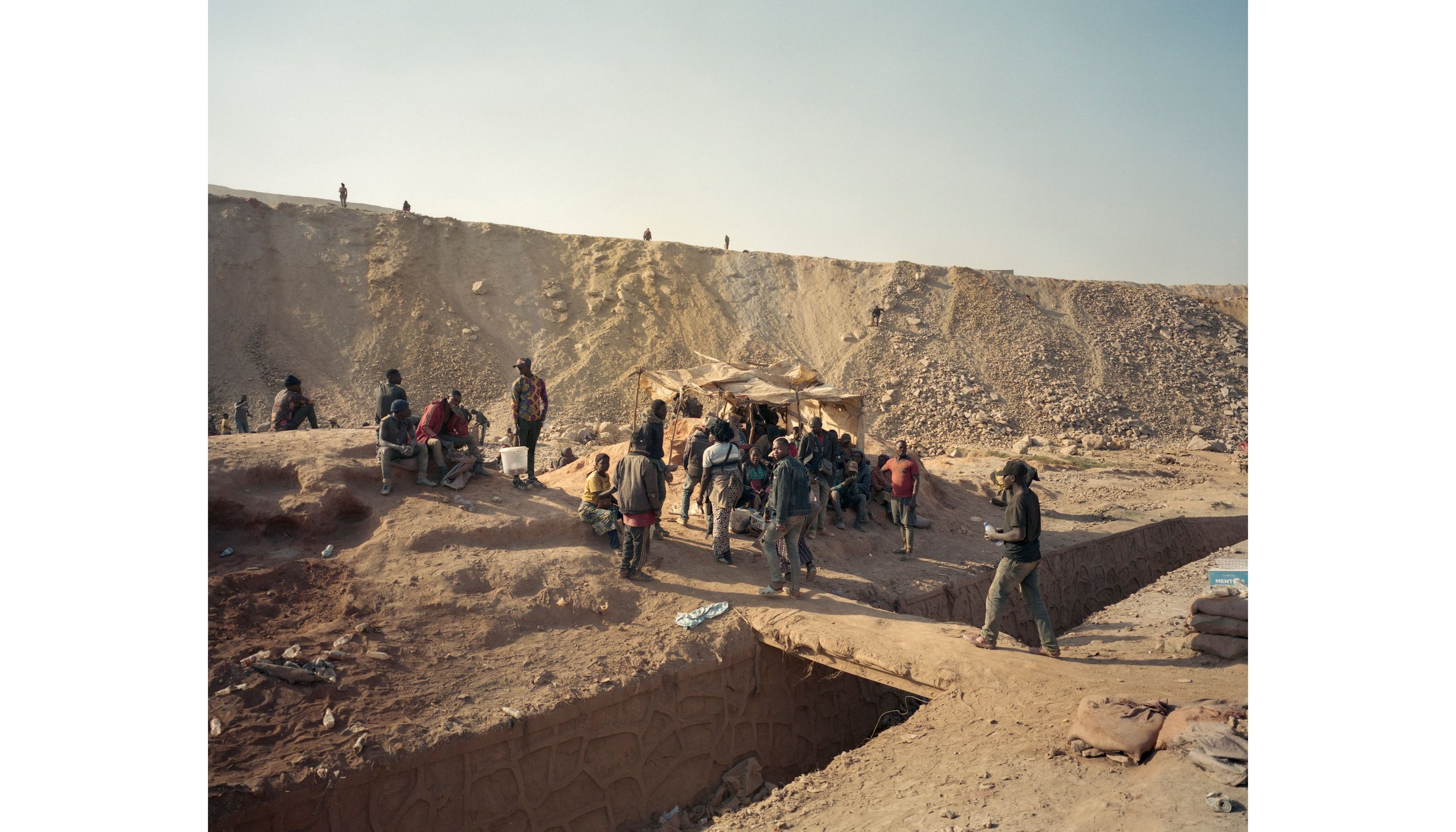
E-xploitation | Chapter 1: The Blue Rush
The clean energy revolution is taking center stage in most developed countries around the world. With it, the consumption of light chargeable batteries is increasing exponentially. Cellphones, Laptops and now electric vehicles, solar panels and other forms of renewable energy are creating an increasing demand for certain minerals. Amongst them, cobalt. With two thirds of the world’s supply, Congo ( DRC ) is taking a leading place in this race for raw materials. But as is usually the case on the African continent, very little benefits are being offered to the Congolese people.
In the mid 2000s former Congolese president Joseph Kabila ceded to China the rights to exploit a big part of the cobalt-rich concessions in exchange for infrastructure (almost 70% of the country’s mining is controlled by Chinese companies). But apart from some roads, stadiums and a few hospitals, very little has been done to increase the quality of life of the population in Lulaba province where most of the big industrial mines are located. The total mineral wealth of the Congo is estimated to be over $24 trillion with the Congolese government receiving billions of dollars in royalties from mining companies each year. But those profits largely do not reach citizens due to rampant corruption and mismanagement. The World Bank found in 2018 that 73 percent of the DRC lives on less than $1.90 a day.
In recent decades, hundreds of thousands of Congolese have moved to Kolwezi, the capital of Lulalba province. Some of them have taken jobs at industrial mines in the region; others have become “artisanal diggers” or “creuseurs”. Some creuseurs secure permits through cooperatives to dig at officially licensed pits, but many more sneak onto the sites at night or dig their own holes and tunnels. The risks and impact of this are important; from tunnel collapse to water pollution through mineral washing impacting local agricultural sites and water supplies. On the edge of those industrial sites, children as young as five years old often participate in the work effort by collecting, cleaning and transporting rocks. Creuseurs are selling their cobalt in “comptoirs” - often held by the same Chinese who manage the mines - that buy minerals at low price using tricks to cheat the local workers.
The negative impact of Chinese-managed mines is increasing in the Kolwezi region, with local industrial mining workers disappearing after disputes. Despite the indication that the Chinese may be behind these disappearances (as would suggest the many unverified photos and video clips in circulation showing violent acts committed by the Chinese towards Congolese workers) local authorities have been doing little to nothing to investigate. In the villages surrounding the mines, the walls of houses are filled with cracks provoked by the constant blasting of open pits, making the living areas unusable. The local government and foreign investors are doing little to improve the life of the locals with basic infrastructure such as running water or stable access to electricity unavailable in most of the villages. Violence has also increased due to the extremely poor conditions of migrant creuseurs coming from all around the country. Often living in makeshift tents, they are prone to high consumption of alcohol and drugs and often create trouble in local communities.
With Apple, Tesla and many other companies using Congolese cobalt in most of their products, the question of double standards certainly comes up. While trying to improve the ecological impact of their products in the western world, how much negative impact is inflicted on the local populations that should be benefitting from it as well?

